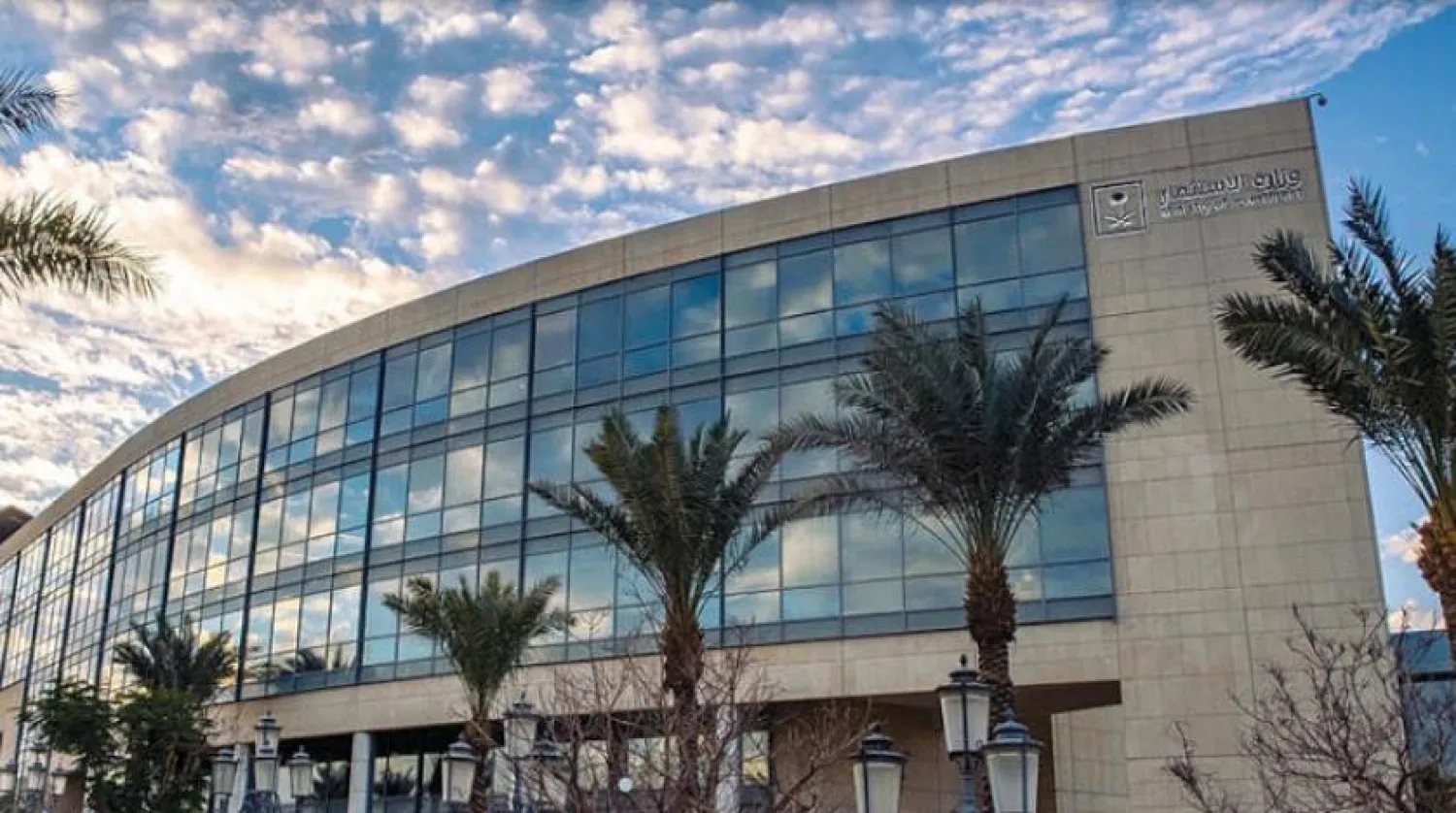Saudi Arabia welcomed several new investments during the first quarter of this year, despite the impact of the coronavirus pandemic on global economies.
The Kingdom achieved an annual increase of 36.2 percent for Q1 of 2021 compared to the same period in the previous year, with the total number of investment licenses issued reaching 478, according to a report by the Ministry of Investment.
On Monday, the Saudi General Authority for Statistics (GASTAT) recorded a positive growth rate for the first time since the start of the pandemic by 1.5 percent in Q2 of 2021 compared to 2020, powered by the 10.1 increase in non-oil activities.
Seasonally adjusted real GDP recorded a positive growth rate of 1.1 percent in Q2/2021 compared to the previous quarter.
The increase in GDP resulted from 2.5 percent growth in oil activities and 1.3 percent growth in non-oil activities.
The latest figures also show that 114 new licenses issued in Q1 2021 were for the manufacturing sector. The retail and e-commerce received 78 licenses, construction 78 licenses and ICT 41 licenses.
The Ministry of Industry and Mineral Resources showed that $4.7 billion worth of industrial investments were made in the first quarter of 2021, more than four times higher than the same quarter in 2020.
The report reflects the continued momentum towards economic diversification and the rapid adaptation of the economy to the changes imposed by the global pandemic on global markets and consumer trends.
The report's findings noted that foreign direct investment in Saudi Arabia remained robust, with inflows increasing to $5.5 billion and investments concentrating in financial services, retail, e-commerce and ICT.
It indicated a significant increase in investments in non-oil industries by 198 percent in Q1, where the data showed that industrial investments licensed by the Ministry reached $4.1 billion.
The report revealed that foreign investors' ownership in the Saudi stock market, Tadawul, continued to rise for the fourth consecutive quarter. The total ownership of foreign investors in the Tadawul reached $50.2 billion.
The report touched on investment reforms and several initiatives and programs that were launched, including the partnership initiative and the Made in Saudi program.









